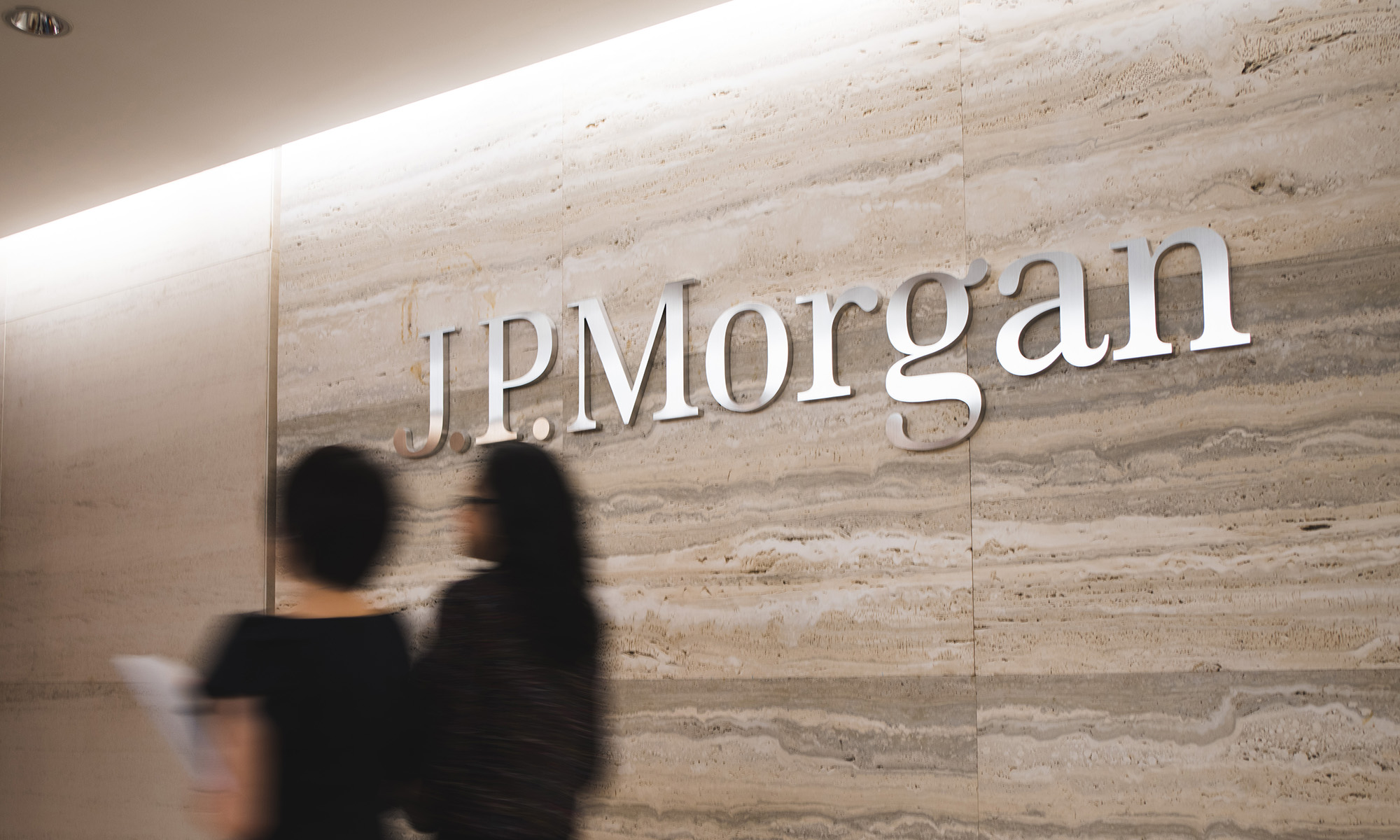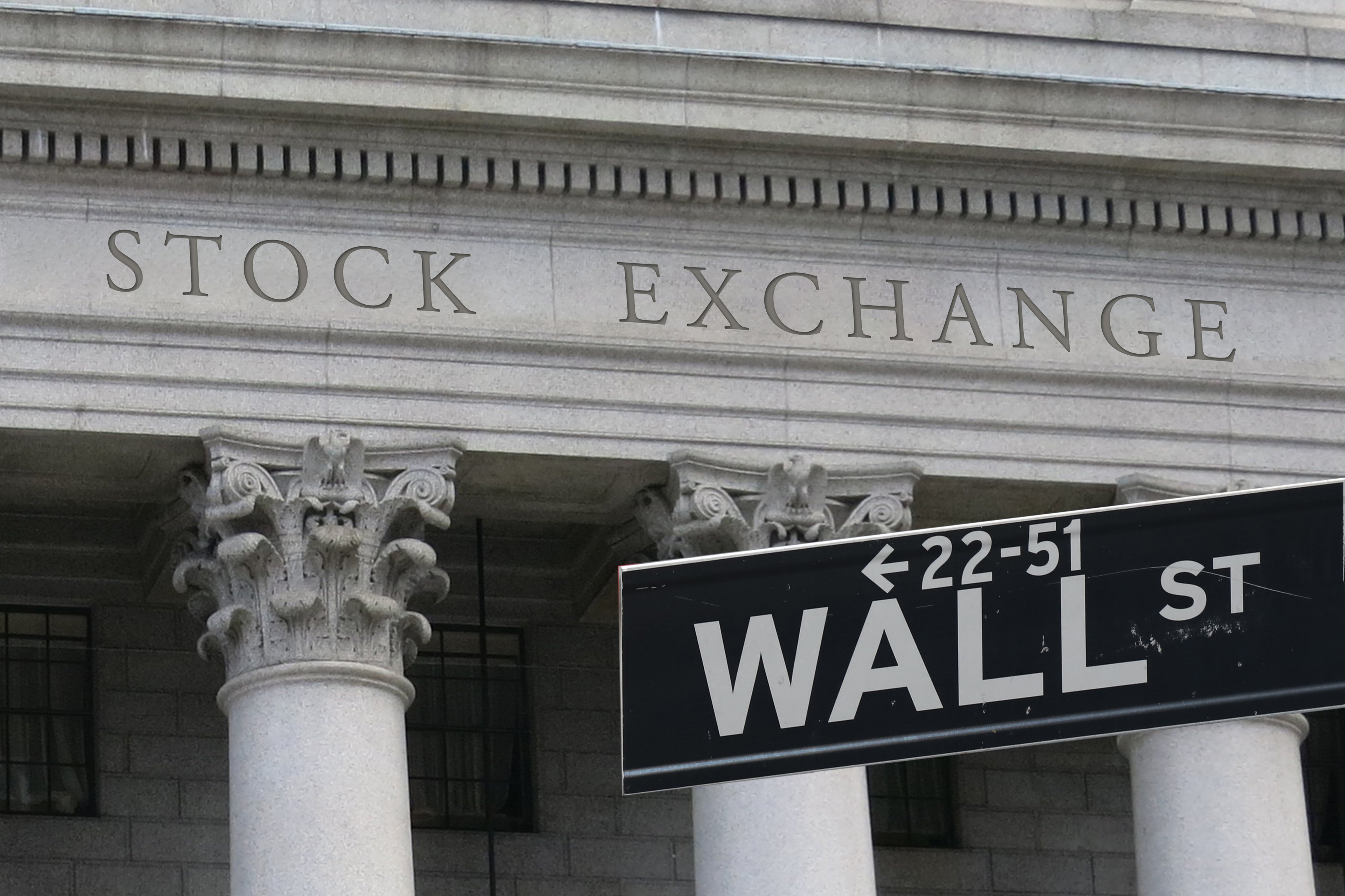
JPMorgan Chase (JPM +0.93%) will pay a record $13 billion to settle a civil investigation into the company's mortgage-backed securities created before the housing market collapse in 2008, according to Reuters. Of course JPMorgan isn't the only bank on the block getting slammed with massive litigation. Bank of America (BAC +0.97%), for instance, will likely face big fees, too. But JPMorgan's legal costs are estimated to be the highest of its peers. So, why isn't the market selling shares and driving down the stock price?
It's all relative
The headlines may be sour, but the stock isn't performing as if things aren't going well. If anything, the market seems to be reacting positively to JPMorgan's billions in fees.
|
Company or Index |
Year-to-Date Performance |
Trailing Month Performance |
Trailing Week Performance |
|---|---|---|---|
|
JP Morgan |
23.4% |
2.8% |
3.2% |
|
S&P 500 |
22.3% |
2% |
2% |
Source: Data retrieved from Morningstar.
What gives?
The stock's outperformance, despite the company's fines and settlement costs, is likely the result of two underlying factors.
First, the market is forward looking. The Street has expected JP Morgan's government inspired acquisitions of Washington Mutual and Bear Stearns to catch up with them at some point.
Second, the price JPMorgan is paying to settle is relatively small compared to the added value these two financial institutions brought to JP Morgan's business. In the years leading up to the financial crisis, JPMorgan's annualized revenue hovered around $70 billion, its annualized profit around $15 billion. Today, JPMorgan is earning about $20 billion in profits on about $100 billion in annual revenue. Even more, the company's book value per share jumped from 36.7 billion in 2007 to $52.5 billion today.
When JPMorgan acquired Washington Mutual and Bear Stearns in 2008, the company paid a small price of about $3.4 billion. Though it's tough to say how much of JP Morgan's incremental earning power comes from the acquisitions made during the crises, the legal costs plus $3.4 billion up front still seems like a small price to pay for the added earning power JPMorgan seems to have gained.
JPMorgan's future looks bright
A forward-looking market might have actually overcompensated for this JPMorgan legal fiasco.
JPMorgan is a solid bank with meaningful scale. Largely due to its acquisition of Washington Mutual and Bear Stearns, JP Morgan is now the biggest bank measured by assets and deposits. Furthermore, It has dramatically expanded both its investment banking business and its retail operations. And finally, CEO and Chairman Jamie Dimon is running an efficient operation, earning a meaningful return on equity and return assets.
|
Company |
TTM Return on Assets |
TTM Return on Equity |
|---|---|---|
|
JPMorgan |
1% |
12% |
|
Bank of America |
0.2% |
2.3% |
|
Goldman Sachs |
0.9% |
12% |
Source: Data retrieved from Morningstar.
Evidence of the company's earning power and confidence in its future, JPMorgan can afford to pay a meaningful dividend yield of 2.8%, matching Wells Fargo's yield and eclipsing Bank of America and Goldman Sachs' yields of 0.3% and 1.4%, respectively.
Sure, there may be intangible damage to the company's reputation. But, if there is, it will likely be small and maybe even temporary. And, keep in mind; JPMorgan won't be the only bank to get hit with more large civil settlements based on pre-crises actions. As Fool contributor Alex Dumortier recently explained, the Federal Housing Finance Agency is seeking to get $6 billion from Bank of America.
Trading at just 1 times book value, has the market overreacted in advance by not rewarding JPMorgan's post-crises performance to the degree the bank deserves? Is it possible there may be upside for this well-performing bank once the sour headlines become old news?









